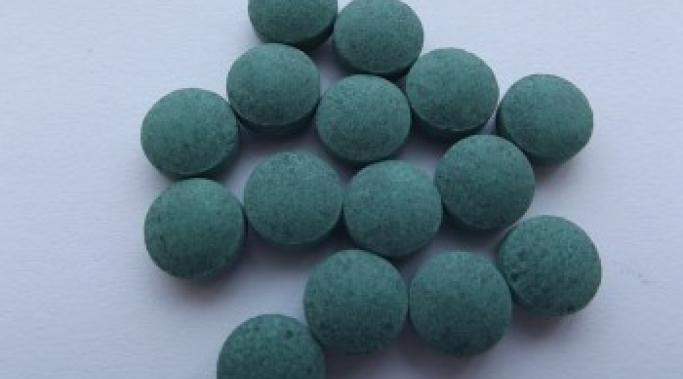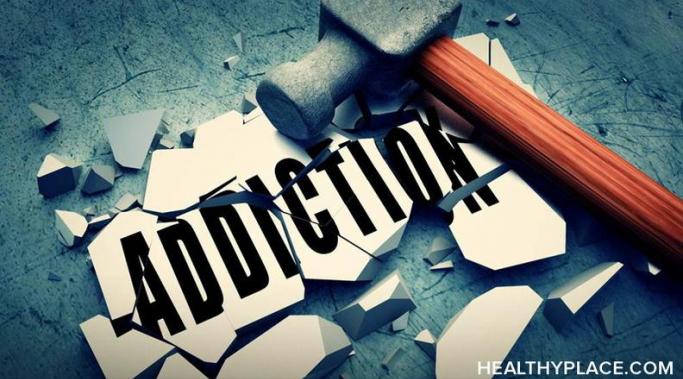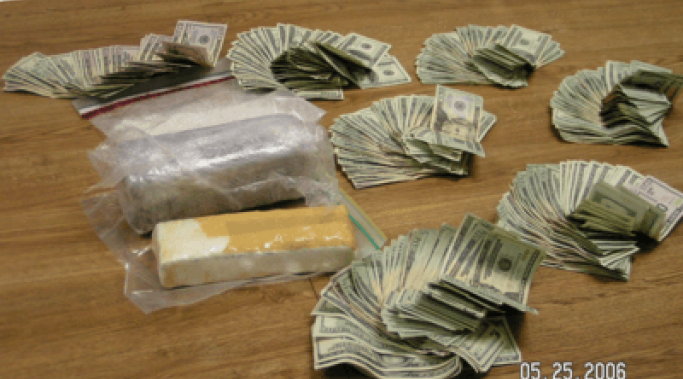A few days ago a good friend of mine, Leah, asked for my opinion on a situation she was having with a friend of hers, Sarah. Leah was struggling to stay clean and sober, but recently, she recommitted to substance abuse recovery. Leah wanted to help her friend with a history of drug abuse, who is on methadone, so she has been driving Sarah to the methadone clinic three days a week. Unfortunately, Sarah recently started using drugs again and is pressuring Leah for drug contacts and even to drive her to drug deals. Leah decided she needed space from Sarah and asked if I thought seeking temporary distance was okay.
My response -- of course! As long as Sarah is overwhelmed by her drug-seeking behavior, she is not capable of being a good friend.
Drug Addiction
People with substance abuse issues are at higher risk for suicide than those who do not abuse substances. Research suggests that individuals with substance use disorder are nearly six times more likely than others to report having attempted suicide at some time.
I took my last drink of alcohol (hopefully for good) on February 19, 2007. I smoked my last cigarette (also hopefully for good) on December 31, 2010. In contrast, my friend quit street drugs and alcohol years ago, but she doesn't know the exact dates.
12-step programs emphasize dates. Alcoholics Anonymous, Narcotics Anonymous and Overeaters Anonymous all celebrate sobriety dates, clean dates and abstinence dates, respectively. For me, my sobriety date is extremely important. It commemorates a miraculous day when I was given another chance to live. The day I quit smoking is important to me too, but I might not remember it if it didn't coincide with New Year's. Perhaps I care more about my sobriety date because my struggle with alcohol was much harder. Even so, for the clean and sober folks I know who do not commemorate a specific clean date, (mind you, this is the minority of clean and sober folks I know) it is not because their sobriety isn't important to them.
We are, on a whole, a society of addicts. Have you ever seen the AT&T commercial with the little kids and the girl states, “We just want more!”? This is the battle cry for our addiction-consumed society. Whether it is drugs in the form of alcohol or cocaine or in such behaviors like overeating, gambling, pornography or shopping, we just can’t seem to get enough.
Why is it so hard for me to stop using ________?
This question has been asked by probably millions upon millions of people over time. There has been research done on addiction for decades. While there have been many advances made in the understanding of addictive disorders like drug addiction, alcoholism , and sex addiction, to name but a few, many people still struggle to quit.
Last week, I wrote about the costs of drug addiction. This week, I’d like to focus on the rewards of addiction recovery. For many active addicts, their drug of choice is kind of like their best friend. The drug addict and the drug have this kind of love-hate relationship often seen in the best and worst of partnerships. So it’s no wonder that when the addict tries to let go of the drug there is often a great deal of difficulty.
Addiction comes in many forms. Often when we think of this disorder we think of its impact on the individual. There are many harmful effects associated with addiction: poor health, legal consequences, and psychological problems to name but a few. For most individuals who are in active addiction their lives are ruled by the relentless desire to get more of the substance despite how bad things become. But addiction goes far beyond the problems associated with the individual addict.
In one of my recent blog posts, The Best Way to Quit Using Drugs, I discussed various means in which an individual could try to arrest his/her addiction. In response to the article, I had two readers comment with opposing points of view. One raised the point that treatments like Suboxone (Buprenorphine) and Methadone have been used to help treat addiction to opioids. The other reader had a more abstinence-based response and stated that one needs to address his/her addiction by kicking the habit “cold turkey.”
This video provides simple, easy to follow tips for addiction recovery including, having a belief in one's recovery, reaching out for help, and replacing unhealthy behaviors with healthy ones.
If I were to take a poll of 100 recovering addicts and ask them what method they used to get clean I would likely get a number of responses. And that’s the point. The best way to quit using drugs is determined by the addict. What works for one individual may not work for another. The method you take to quit using drugs is best decided by you.








